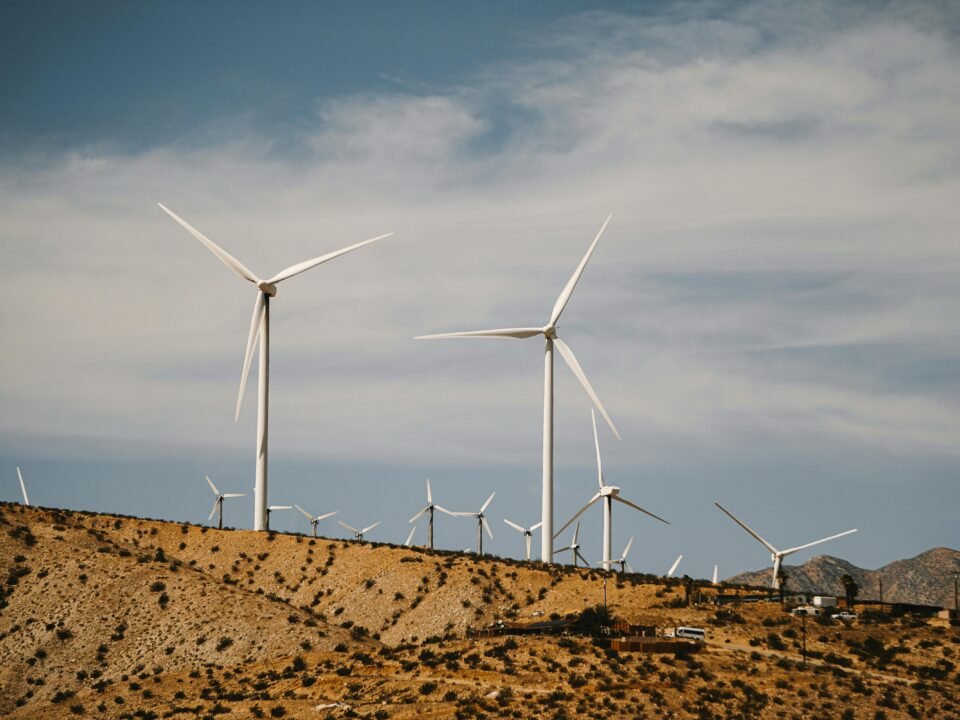It would be an understatement to say that the times have changed. We are all witnessing a new global lifestyle that is probably here to stay. In a country like India with teh second largest population in the world, even basic statutory prevention rule like social distancing is a herculean task. In a country as large as ours, priority is always given to problems that have an immediate effect and other challenges that will cause long-term adversities are always kept on a back burner. One such problem is the increasing usage of single-use plastic or SUPs.
But our country isn’t the only one drawing in this crisis.
Early statistics about the catastrophic effects of increased usage of SUPs have started pouring from all over the world. According to the Chinese Ministry of Ecology and Development, China produced a total of 240 million tonnes of plastic waste in just two months of COVID-19 peak as compared to their previous 40-tonne threshold. A reputed surveillance agency Frost & Sullivan in the USA estimated that their country could produce an entire year’s worth of plastic waste in just two months.
Some of the main reasons that are responsible for these un-sustainable circumstances as follows –
- Personal Protective Equipment (PPEs)
These include your masks, shields, safety gloves, phone covers, and other products that are currently being used by every household to safeguard themselves from the novel virus. Recently, an article by The Guardian published that in France alone their government has ordered around two billion disposable masks in April. There have been many instances of large blubs of masks, thin plastic gloves, sanitizer bottles and medical equipment washing up on the shorelines of various countries. If this continues we are only going to be dealing with an even bigger environmental crisis in the future.
- Food & logistics delivery
Social distancing and stay-at-homes have become the norm. Earlier only those businesses flourished that had customers coming to them, but now it quite the opposite. Businesses that don’t support remote operations and deliveries to reach their customers are easily dying. This is especially applicable to the F&B and retail sector. Most of the people are opting to order their groceries, food or drinks from their favourite places. In Thailand alone, the daily plastic wastage has gone up from 1,500 tons to 6300 tons per day.
There are many such reasons because of which we are losing sight of long-term sustainability goals. We are eagerly sacrificing them to protect the emergency at hand but we need to understand that delaying or ignoring these issues is only going to push our planet in a more vulnerable brink of extinction. Therefore, resorting to eco-friendly methods, staying at home, using reusable masks instead of the SUPs are a few little steps we need to take on a personal level for the environment to go a long way ahead.




